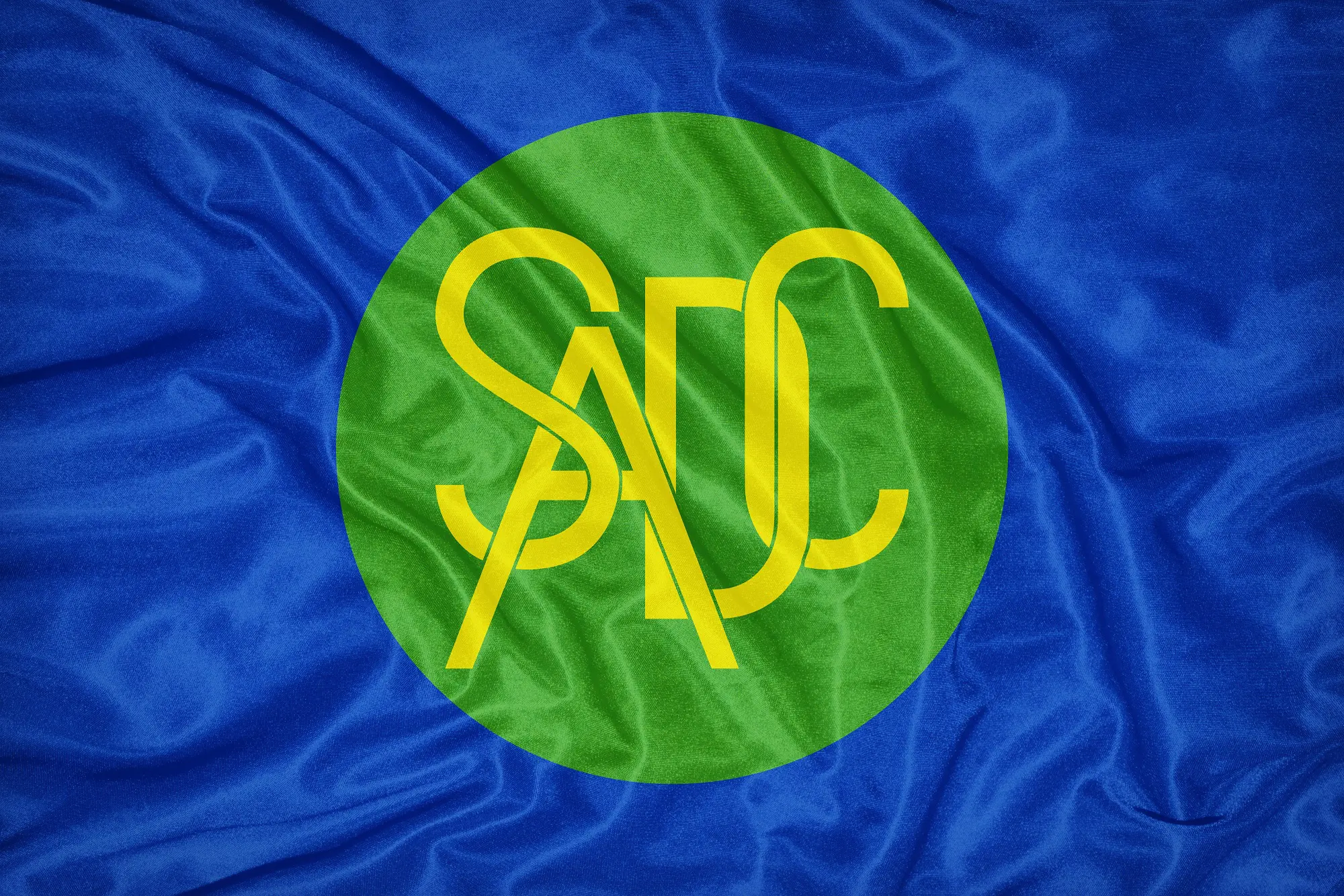
On 11th December, 2018, the Constitutional Court of South Africa handed down judgment in the case of Law Society of South Africa and others v The President of the Republic of South Africa and others. In this case, the applicants challenged the role and participation of the President of South Africa in the suspension of the Southern African Development Community (SADC) Tribunal in 2011. They also challenged the President’s decision to sign the 2014 Protocol creating a new SADC Tribunal Protocol. The new Protocol restricted the jurisdiction of the SADC Tribunal to hear inter-state disputes only, thereby removing the rights of individuals, both in South Africa and the entire SADC region to access the Tribunal for legal redress. The Southern Africa Litigation Centre (SALC) was admitted as a friend of the court.
The Constitutional Court confirmed the order of constitutional invalidity made by the High Court under these terms:
- The President’s participation in the decision making process and his own decision to suspend the operations of the Southern African Development Community Tribunal is unconstitutional, unlawful and irrational.
- The President’s signature of the 2014 Protocol is unconstitutional, unlawful and irrational.
- The President is directed to withdraw his signature from the 2014 Protocol.
An excerpt from the majority judgment penned by Chief Justice Mogoeng states:
“…every issue that arose for determination is, or is traceable to, an offshoot of a masterplan that was devised by the Summit at the instance of the Republic of Zimbabwe. Clearly, Zimbabwe did not want to comply with the unfavourable decisions made against it by the Tribunal. It then crafted a strategy that would be fatal to the possibility of the Tribunal ever embarrassing it again. In all of the above efforts to paralyse the Tribunal, Zimbabwe had a willing ally in South Africa, as represented by our President. The non-appointment of new Judges and non-renewal of expired terms was a scheme designed to ensure that the Tribunal would not function because it would not be quorate. Added to this mix was the decision to impose a moratorium on the referral of individual disputes to the Tribunal and the signing of the Protocol that seeks to essentially make this state of affairs permanent.”
SALC welcomes the judgment for upholding the rights of individual South African citizens to access the Tribunal for legal redress. The importance of this decision cannot be overstated; it is precedent setting, not only for South Africa but also as a reference point for governments in the Southern African region.
SALC Executive Director, Kaajal Ramjathan-Keogh, reacting to the news of the outcome said: “We are delighted with the decision of the Constitutional Court particularly in that it directs the President to withdraw his signature from the 2014 Protocol. The Court maintains that public power must always be exercised within constitutional bounds and in the best interests of all our people. The President must be at the forefront of protecting and promoting people’s rights when conducting affairs at the international level. This decision is of great significance in that it is the first step towards the resurrection of the SADC Tribunal in its original form. We encourage other law societies within SADC to take up similar challenges.
We call upon the Presidency to not only comply and take steps to implement the judgment but to also use this judgment to lobby his SADC counterparts to consider the principles laid down by the Constitutional Court in calling for the reinstatement of the SADC Tribunal.”
Background to the case
Zimbabwe had embarked on a land reform programme which included land expropriation without compensation and which removed the jurisdiction of the domestic courts of Zimbabwe over disputes relating to expropriation without compensation. The only avenue open to those who had been deprived of their land was to approach the Tribunal. Aggrieved parties included both Zimbabwean and South African farmers. The Tribunal concluded that Zimbabwe had violated provisions of the SADC Treaty and made an order unfavourable to Zimbabwe. Zimbabwe failed to comply with the order. The South African President together with heads of other SADC countries decided to remove the possibility of SADC states ever being held accountable for human rights violations, non-adherence to the rule of law or undemocratic practises. They saw the source of this threat of being held to account for the exercise of State power as being located in the avenue which created a mechanism for individuals to bring disputes before the Tribunal. This led to SADC heads of state taking several steps to ensure that the Tribunal was stripped of its human rights mandate.
SALC was represented by Advocate Jatheen Bhima and Lawyers for Human Rights. We also acknowledge the invaluable assistance of former SALC fellow Ms McKennan Graziano.
The full text of the Constitutional Court Judgment can be found here.
Further details on the case can be found here.



